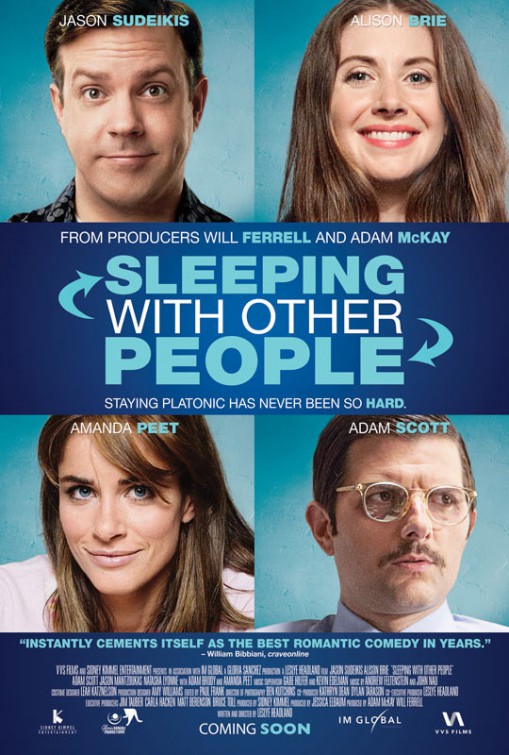-
‘THE DICTATOR’ (2012): A FILM BY LARRY CHARLES
November 15, 2012
 Film Reviews
Film Reviews -
In 2001 he burst onto the big screen as a boorish, uncouth, faux-pas prone gangster rapper from Staines in Ali G Indahouse. In 2006 he toured America as the sexist, homophobic and anti-Semitic Kazakhstani journalist Borat Sagdiyev in Borat: Cultural Learnings of America for Make Benefit Glorious Nation of Kazakhstan. 2009 marked his resurgence as a gay Austrian fashion reporter in the mockumentary Brüno.
This year, British comedian Sacha Baron Cohen returns to the screen as Admiral General Aladeen in co-writer/director Larry Charles’s The Dictator, playing the iron-fisted despot of the fictional middle-Eastern nation of the Republic of Wadiya. Inspired by former Iraqi leader Saddam Hussein and the late Libyan despot Muammar Gaddafi, Admiral General Aladeen is a new addition to a slowly burgeoning comedic repertoire.
With each new character, Cohen foregrounds and flaunts their fears and anxieties as a means of exposing the ignorance and bigotry prevalent in the contexts that they frequent and inhabit. Ali G the gangster highlighted the consternation surrounding immigration and asylum seekers in Britain. Borat Saghdiyev hilariously showcased the xenophobia and anti-semitism prevalent in post-war America. Brüno used a popular sporting event to extrapolate the hysterical anxieties surrounding masculinity and homophobia in Europe and the U.S. With Admiral General Aladeen, Cohen – like Charlie Chaplin’s parody of Adolf Hitler in The Great Dictator (1940) – deploys the megalomaniacal figure of a fascist to parade (and parody) the current zeitgeist and its ubiquitous, cancerous and paranoiac dilemma: terrorism.
Sometimes, the most sobering lessons emerge from the unlikeliest and seemingly antagonistic sources. And In The Dictator (2012), there is a scene that speaks volumes about the current geo-political climate.
It is the moment when General Hafez Aladeen, played by British comedian Sacha Baron Cohen, confronts a UN Delegation gathered to inaugurate the emergence of the fictional nation of Wadiya as a democracy. In his hilariously subversive address, Aladeen questions the United States antipathy towards dictatorships by espousing the manifold benefits of an autocratic government:
Why are you guys so anti-dictators? Imagine if America was a dicatatorship! You could let 1% of the people have all the nation’s wealth. You could help your rich friends get richer by cutting their taxes and bailing them out when they gamble and lose. You could ignore the needs of the poor for health care and education. Your media would appear free, but would secretly be controlled by one person and his family. You could wiretap phones. You could torture foreign prisoners. You could have rigged elections. You could lie about why you go to war. You could fill your prisons with one particular racial group and no one would complain. You could use the media to scare the people into supporting policies that are against their interests. I know this is hard for you Americans to imagine, but please try!
Aladeen’s scathingly brilliant soliloquy betrays the hypocrisy of governments that promote themselves as the paragons of democracy. Such administrations appear, on closer inspection, as glamorized and cosmeticised versions of their dictatorial counterparts. Like his controversial Kazakhstani alter ego Borat, Cohen’s Aladeen underscores how the fears and anxieties, the authoritarianism and violence attributed to an Other culture are already at work on the Self’s home soil. The fear of the Other (manifested as xenophobia, Islamaphobia or homophobia) is a fear of one’s “own” conditioned and compromised subjectivity.
Satire cannot alter or shift the trajectory of global politics. One cannot expect it to end all wars and deliver peace on earth. But in cinema, Cohen’s corrosive brand of satire is a formidable and devastating weapon of mass destruction – fighting ignorance, bigotry and stupidity with their own artillery.
– Dr. Varga Hosseini





